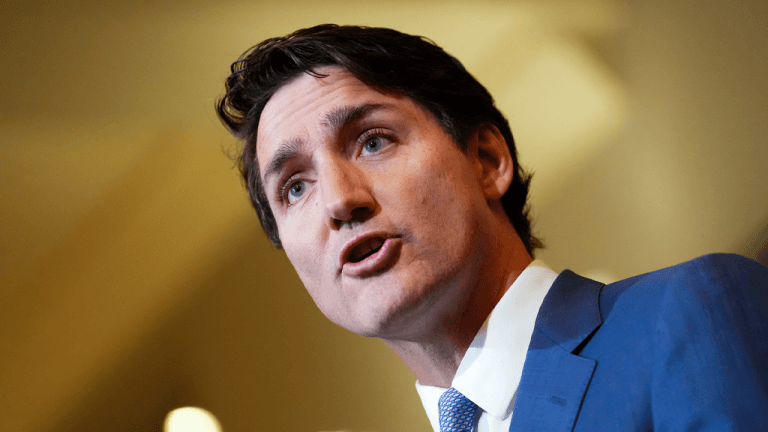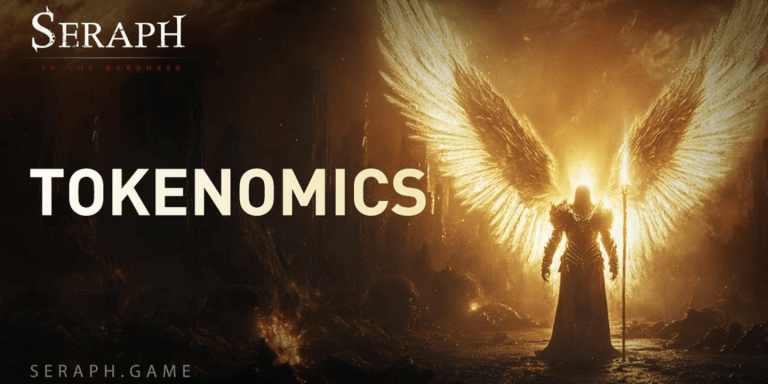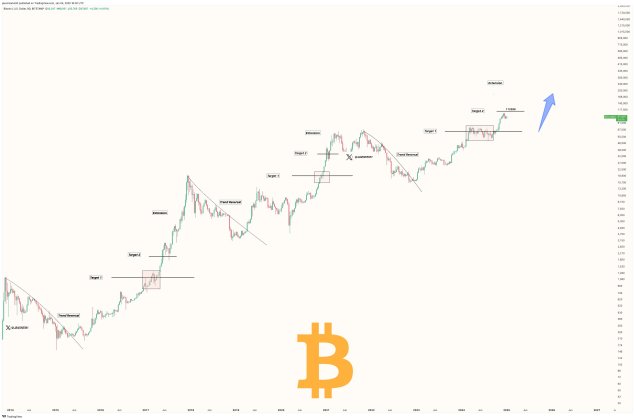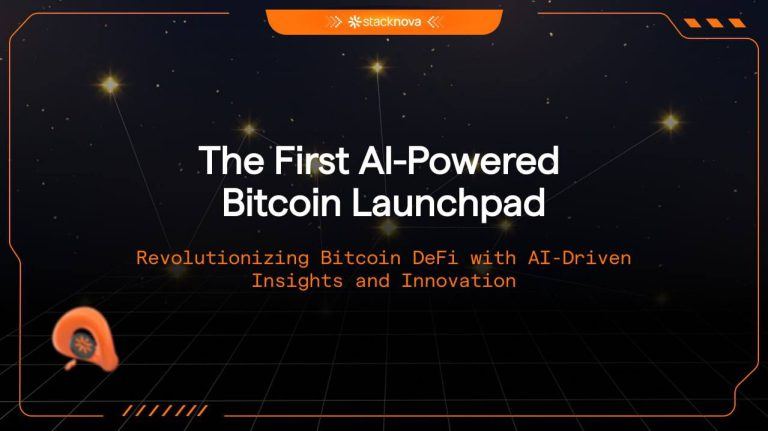
Emurgo founder and CEO Ken Kodama told Cointelegraph that the company has identified 21 areas that Cardano is missing but are present in other blockchains.
Decentralized identities and layer-2 solutions are some of the “gaps” in Cardano that the Emurgo team is working to fill, according to its founder and CEO.
Cointelegraph Magazine editor Andrew Fenton spoke with Ken Kodama, founder and CEO of Emurgo, one of the three entities governing Cardano. Kodama talked about shifting the current approach into a venture studio model to fill 21 categories the organization believes are “missing from Cardano” compared with other leading blockchains.

According to Kodama, there are two key approaches to fill the gaps: either building the solutions itself or investing. He explained:
“For those 21 categories, either we build them ourselves or we invest. We do hackathons, or we give grants to incentivize Cardano builders to build and to fill the gaps. So, that’s what we need to focus on, shifting from where we are today into a venture studio model.”
While Kodama did not break down all the 21 categories Emurgo wants to fill, he highlighted a few, including decentralized identity (DID) for enterprise adoption and layer-2 sidechains.
According to Kodama, decentralized identity is important to be embedded in blockchain protocols. “We don’t see that much DID application being built on Cardano, so that’s the first gap, or primary gap, that we need to fill,” he said.
Kodama also mentioned that while Cardano has a scaling solution called Hydra, Emurgo is also looking into bringing layer-2 solutions into the mix. He said there’s a “really vibrant layer-2 ecosystem being built” in other blockchains that he “doesn’t really see in Cardano.” Kodama noted that Emurgo will be working on this to help improve the ecosystem.
Additionally, Emurgo is looking into investing in zero-knowledge rollups and optimistic rollups and has conducted a hackathon with these themes.
Related: The best blockchain “does not exist” — Cardano Foundation exec
Among the 21 categories identified, Kodama highlighted one “pressing issue” that hinders adoption: the developers’ experience. He said that in order to build in Cardano, developers must understand the programming languages Haskell and Plutus.
According to him, developers familiar with these languages are “quite low,” which is why Emurgo is supporting Aiken, a toolkit and a new programming language for developing smart contracts on Cardano.
“Aiken and other programming language applicability are quite important to broaden the number of builders able to build on top of Cardano. We have been educating builders to code in Haskell and Plutus. We had more than 2,000 graduates. However, that’s not really enough.”
Kodama has high expectations for Aiken and any other programming languages that can be embedded into Cardano so that builders can make smart contracts in the platform using different languages.
Collect this article as an NFT to preserve this moment in history and show your support for independent journalism in the crypto space.
Magazine: How to protect your crypto in a volatile market: Bitcoin OGs and experts weigh in

You can get bonuses upto $100 FREE BONUS when you:
💰 Install these recommended apps:
💲 SocialGood - 100% Crypto Back on Everyday Shopping
💲 xPortal - The DeFi For The Next Billion
💲 CryptoTab Browser - Lightweight, fast, and ready to mine!
💰 Register on these recommended exchanges:
🟡 Binance🟡 Bitfinex🟡 Bitmart🟡 Bittrex🟡 Bitget
🟡 CoinEx🟡 Crypto.com🟡 Gate.io🟡 Huobi🟡 Kucoin.




















Comments